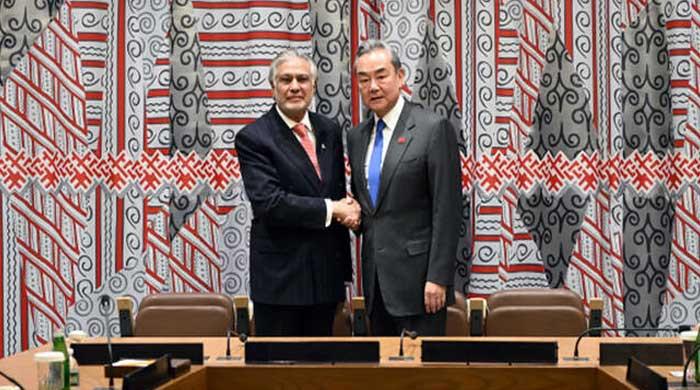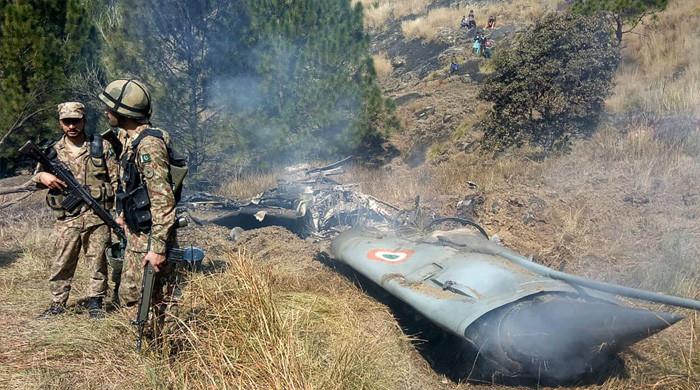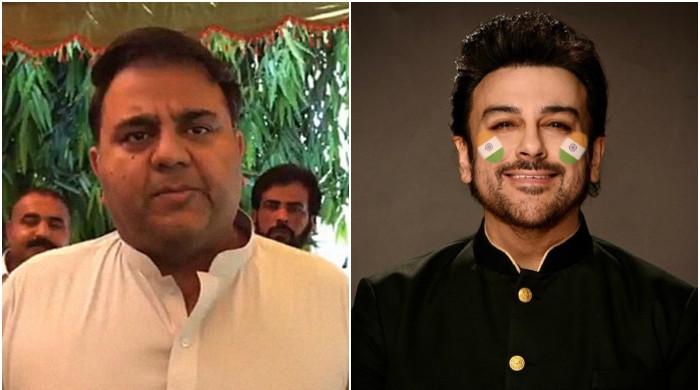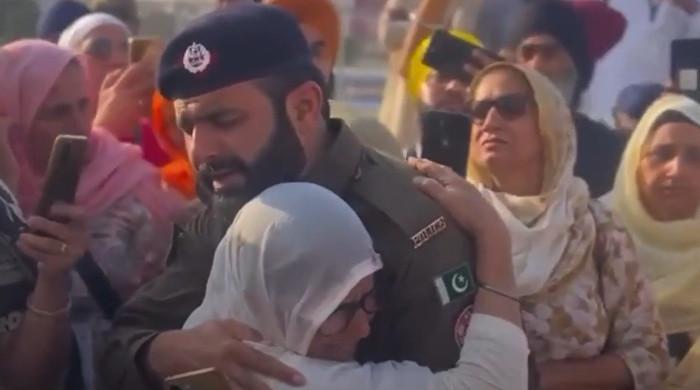Amid Balochistan's multifaceted challenges, a gloomy state of girls' education
Dismal condition of girls’ education in Balochistan shows that it is not important to either the ruling elite, those who hold power or society
February 06, 2020
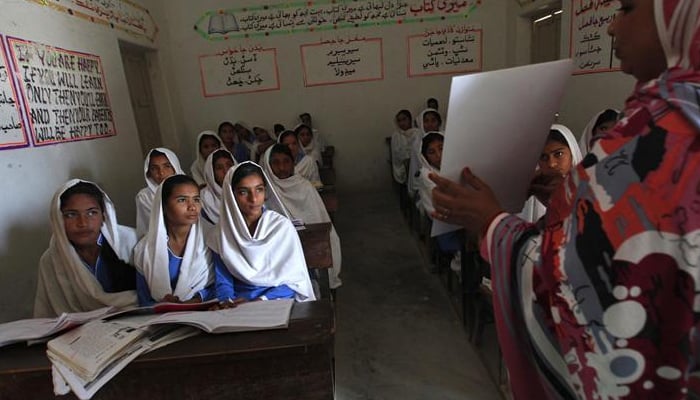
QUETTA: It is no surprise that the state of education in Balochistan is collectively a cesspit of various, multifaceted challenges but the condition of women's education is even worse.
In its latest report for 2018, the Human Rights Watch (HRW) notes that literacy rate of Balochistan's women is comparatively lower than various other parts of Pakistan. Despite the literacy rate of women reportedly being 18 percent, the reality is that it's not more than two percent in numerous rural areas of the province.
Similarly, there are only 4,500 primary schools for girls as opposed to 10,000 for boys.
Of the total girls in Balochistan's schools, a whopping 42 percent only study till primary, 26 percent complete middle school, and only nine percent were able to finish matriculation. Further, 91 percent of the girls who start primary school and complete matriculation are unable to pursue college.
According to the managing director of the Society for Community Support for Primary Education, Balochistan (SCSPEB), Irfan Ahmed Awan, only 56 percent of the province's children have access to primary education; of that, 42 percent are girls, meaning that 58 percent girls were still out of school.
The proportion of girls reduces significantly as education progresses to higher levels, Awan adds.
Interestingly, it's not that the girls and women of Balochistan do not wish for education. Several educated women from the province are serving in Pakistan's different sectors.
However, there are several hindrances and impediments in the way of girls’ education; these include the spread of population over Balochistan's large area, poverty and destitution, a lower cultural status for women, a lack of resources, and several others.
Another major issue is that of geographical access to education — occurring mostly in rural areas, compared to larger cities, which, too, are few. Girls study till Class 5, after which many are forced to drop out as there are no middle schools in the vicinity, says the district education officer (DEO) for females in Quetta, Farzana Ahmedzai.
The dismal condition of girls’ education in Balochistan just goes on to indicate that neither the government or society consider it to be important nor is it a priority for the ruling elite and those who hold power.
Nonetheless, experts believe that educating girls and women is as important as it is for boys and men and, therefore, it was necessary to ensure a supportive environment.





